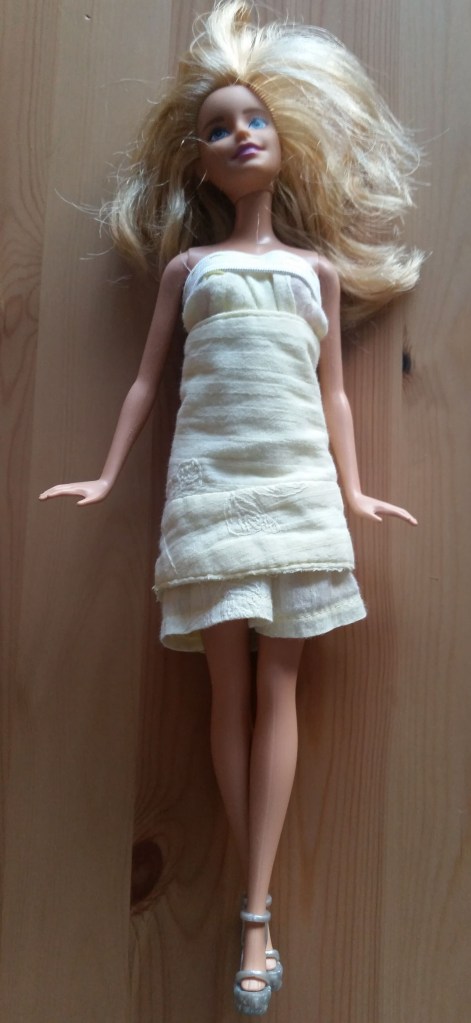I recently had a revelation which will simplify our understanding of the human brain. Reading about yet another celebrity relieved to get a diagnosis of autism in their fifties, or to discover they are on a spectrum of some sort, they report that this explained why they always felt different. But aren’t we all different? Whether you are a psychiatrist or a brain surgeon, nobody understands how the brain works, how that grey jelly holds a universe of knowledge and creativity…
‘A synapse is a structure that permits a neuron (or nerve cell) to pass an electrical or chemical signal to another neuron or to the target effector cell. Synapses are essential to the transmission of nervous impulses from one neuron to another.’
So where does that electricity come from, how did it get into your brain, charged up by your mother’s solar powered battery when you were in the womb?
Enough of scientific talk. The only term you need to know is neuro diverse, it covers everything. The human brain is so amazing it would be strange if it didn’t work in many diverse ways, no one is wrong, just different.

Most of us are not as clever as we think we are. We know that humans are super intelligent because we build cities and space stations and create sublime art and music. Alas, most of us could not even build a garden shed or write a knitting pattern ( the original binary system ) let alone create a computer. But we still have the capacity to find our way round a big city or experience the joys of culture.

When experts are inventing new syndromes they are more interested in our interactions with each other and our talents only come into the equation when everyone assumes autistic people must be brilliant at ‘Something’.

A person who identifies as autistic may feel unable to cope with parties or too much stimulus of noise or lights, but have a wonderfully heightened awareness of music or nature that passes others by. Of course we will never know because we don’t know what others see, hear or feel and if we are experiencing the same sensations. We don’t even know what is mind and what is brain and what is ‘mental health’. I cringe when I hear people say ‘Then I had to leave work because I had mental health.’ Noo , if you had mental health you would be fine…

If you are in the fortunate position of understanding your own mind and everyone else’s, let us know. In the meantime the rest of us have a good standby to cover work and social life.
‘I’m Neuro Diverse.’
‘Oh, so sorry, we’ll move your office desk to a different position and give you a bigger computer screen.’
‘You must come to our special quiet screening of the film.’
‘Would you like someone to accompany you to your hospital appointment?’

For plenty of neuro diversity, why not read one of my books?













